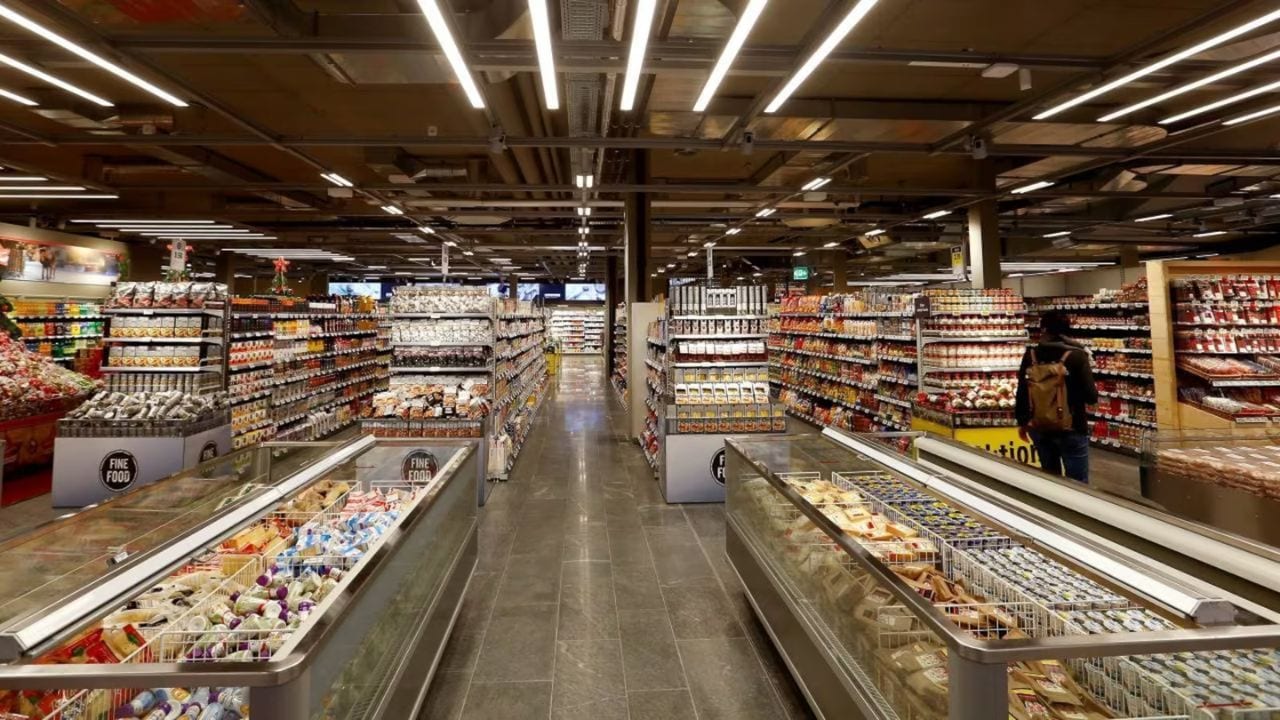Amidst the ongoing economic challenges and supply chain disruptions, various FMCG heads have been for policy measures and incentives in the Union Budget 2024 to boost resilience and ensure growth. Here is what the leaders at Godrej and Dabur had to share.
Mohit Malhotra, Chief Executive Officer, Dabur India said, “The standout feature of the Interim Budget 2024-25 was its adherence to fiscal discipline, exemplified by the decision to cap Fiscal Deficit for FY2024-25 at 5.1%. Notably, the government’s enhanced capital expenditure to a robust Rs 11.11 Lakh Crore lays the foundation for long-term economic growth.
While not immediately pandering to populist impulses, the budget allocates significantly to infrastructure development and provides incentives for rural housing, agriculture, and fisheries. The strategic decisions to enhance incentives for rural populace, particularly women, are expected to have a lasting positive impact, enhancing sentiments over the long term. The extension of healthcare coverage under Ayushman Bharat to ASHA and Anganwadi workers, and expansion of the ‘Lakhpati Didi’ scheme’s target to 3 crore women are big positives this year, and will go a long way in empowering rural women and enhancing the quality of life in rural India, thereby ensuring sustained demand for branded consumer goods.”
“The Union Budget, though interim, highlights a deep commitment to the long-term vision of strong economic growth. Continuing the path of fiscal consolidation is a positive sign for overall economic growth, which has the potential to boost consumption patterns in the long run. The focus on enhancing connectivity and infrastructure also bodes well for India Inc including FMCG sector. Moreover, the emphasis on upskilling and the significant rise in women in the workforce signify a holistic approach to fostering an inclusive and dynamic economy, setting an optimistic tone for the years ahead,” said Aasif Malbari, Chief Financial Officer, Godrej Consumer Products Ltd.
Sanjiv Puri, Chairman & MD, ITC Limited said, “I would like to laud the Finance Minister for presenting a Budget that demonstrates India’s confidence as an economy of substance and immense promise, marching towards a Viksit Bharat on the pillars of exemplary governance, continuity of far-sighted reforms, consistency of vision and strategy and an unprecedented thrust on infrastructure development, sustainable and inclusive growth as well as technological excellence. The Budget builds on the extraordinary vision of the Hon’ble Prime Minister to spearhead an era of Amrit Kaal and positions India on the global stage as a shining example of socio-economic transformation. The sharp focus on the welfare of farmers, setting up of integrated aqua parks, support to dairy farmers, together with the far-sighted schemes for agriculture and rural development, housing, women empowerment, youth and marginal segments, will trigger a virtuous cycle of productivity, incomes, consumption, investment and livelihoods.”
He added, “The resolve of the Government to build world-class digital, physical and social infrastructure, invest in the future by driving path-breaking innovation and fostering entrepreneurship as well as promoting green energy with innovative interventions like rooftop solarisation will shape the India of tomorrow. The continuing impetus to tourism and the effort to build iconic destinations across states will drive growth of this employment intensive service sector. The proposal to increase public expenditure is commendable which together with astute fiscal prudence and stability in taxes, inflation management and direct benefit transfer will lead to better utilisation and targeting of public funds. The incentivisation of reforms in States will further unlock potential of the economy”.
Mayank Shah, vice president, Parle Products said, “Given the interim nature of the budget, we have not seen any major deviation. There are two to three very important takeaways from the Budget. One of them is the government’s focus on rural development. From an FMCG point of view, while the government continues its policies, there is emphasis on certain aspects which are going to help in rural demand revival. Secondly, it would also improve rural demand. Largely, the focus of the interim budget has been on women, youth and the farmers. The government spoke about Lakhpati Didi (scheme) which is helping to improve the lifestyle of people, especially the lower rung of the society. This is adding to the demand and generating the demand. This interim budget is more about the continuation of the government policies. From an FMCG point of view, it is positive.”
Angshu Mallick, MD & CEO, Adani Wilmar Ltd said, “We commend the vision and intent expressed by the government through the interim budget proposals to create a pathway for inclusive and sustainable growth for India. This will lead to India emerging as a developed economy by 2047. As an FMCG player we support the vision that will empower different segments of society, making them partners in the growth journey. The government’s focus on development is evident encompassing various social groups and people at all levels.
The widespread adoption of Nano-DAP across all farming regions is a commendable innovation, empowering farmers and aligning our practices with environmental harmony, reflecting a conscientious approach within the FMCG sector. Moreover, the launch of the ‘Atmanirbhar Oilseeds Abhiyaan’ marks a pivotal step towards achieving self-sufficiency in oilseed production, showcasing our commitment to advancing self-reliance and sustainable practices within the FMCG landscape. We have been investing in oilseed crushing facility over the years. At present, Adani Wilmar possesses a crushing capacity of 1.20 million metric tons in Soya whereas in mustard seeds crushing, with existing and forthcoming facilities it’ll amount to 0.70 million metric tons.
“Overall, the Union Budget 2024 lays the foundation of inclusive growth that will lead to ‘Sabka Vishwas’. The next five years holds the promise of unprecedented development towards realizing the dream of developed India @ 2047. The trinity of demography, democracy and diversity supported by ‘Sabka Prayas’ has the potential to fulfill aspirations of every Indian.”
Read More:Budget 2024: FMCG majors Parle, Godrej and Adani Wilmar share budget expectations
